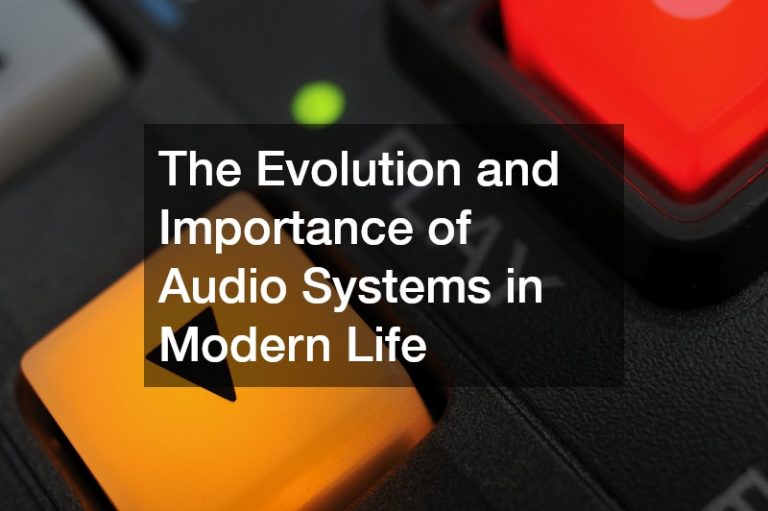

If you are a film enthusiast, it is likely that you already have a vast experience watching films of different kinds. Being a connoisseur of cinema involves watching, understanding, and appreciating cinematic creations from different countries and areas of the word, covering different languages, and also dealing with a broad range of topics and subject matters. There is also the question of different techniques and experimentation, all of which come together to make the world of cinema an enticing and enchanting word for people who appreciate its power and scope. If you have been an avid follower of cinema for a long time, you might have always harbored wishes to create something of your own.
One of the ways that a lot of people learn about the different techniques, tools, and treatments involved in the world of cinema is by looking at documentary films. Institutes that offer educational opportunities dealing with the realm of cinema also frequently use documentary films as case studies to teach students about the subtle art and the finer nuances of film making. If you have been appreciating cinema for quite a while, it is likely that you have come across and appreciated quite a lot of documentary films by now. There have been exceptional documentary films that have changed people’s perception about cinema radically, a lot of them dealing with civil rights leaders and other human rights movements and figures. If you are looking for a head start into your own pursuit of film making, starting with the documentary is something that can definitely help you.
Planning a Documentary
One of the most important things that draws beginner film makers to the realm of documentaries is the fact that they can be shot in very little time and with very little expense, if you are pressured by situation to do it that way. Even under extreme budget constraints and limited time conditions, shooting a high quality documentary film can be definitely accomplished meaningfully. The majority of the effort in this regard needs to go into the planning stage, which is where your vision for your documentary film will begin to take shape, and start becoming something that you can accurately reproduce with your use of the camera.
Planning for your documentary, of course, starts with your choice of subject matter, and your development of the cinematic plot. Any subject matter that appeals to you, and holds a special place in your heart, can be chosen for this purpose, and you can choose to focus on particular people, particular events, or particular incidents in history. Once you have the ideas, putting them down into a detailed screenplay is something that can save you a lot of time and trouble down the road, as it makes easier for you to plan out your shooting schedule, compose your camera shorts, and make important provisions for other factors like acting talent and audio recording.
Shooting a Documentary
When your plan is on the table, it is time to start shooting. Having a fully detailed shooting schedule at hand can make things a lot easier, and you can definitely accomplish a lot with basic equipment like a DSLR camera with a tripod and some lenses. Combined with a microphone for audio recording, memory cards for easy storage of media, and a laptop computer to store and process video data, interesting and exciting things can be accomplished without having to face hurdles due to lack of budget or lack of time. These frugal tools can help you kickstart your pursuit of film making, and can definitely make a documentary worth watching.
Before you start shooting, it makes sense to spend a little time and research shooting techniques, and you can definitely accomplish a lot more if you enlist the services of a professional film making crew. Getting your camera equipment on hire is also an option, and depending on the budget and the time that you have set aside for this project, you can take any route that feels comfortable. This is a great way to turn your passion for cinema into something palpable and creative, and still leave your mark on the world of film making with your work.
You can learn some insight from other filmmakers and producers, and you don’t need to limit yourself to documentaries. Other directors like Michael Palance are great resources to help you learn.



